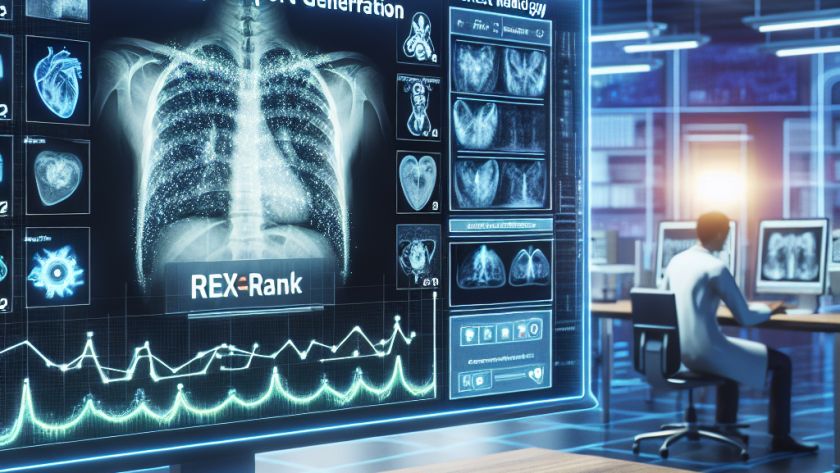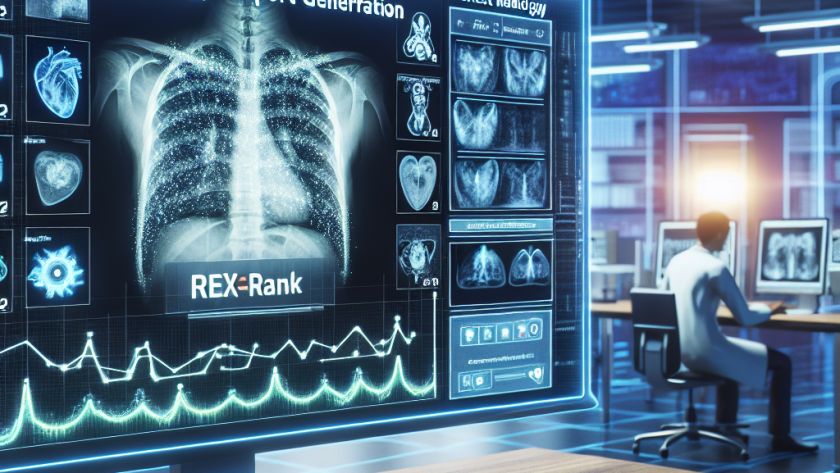OpenAI, an artificial intelligence research laboratory, has announced a prototype of its new AI-powered search engine, SearchGPT, promising a more intuitive and conversational way of interacting with online information. SearchGPT is currently being tested with a small group of users and the company has plans to eventually integrate it into ChatGPT. OpenAI's CEO Sam Altman…











